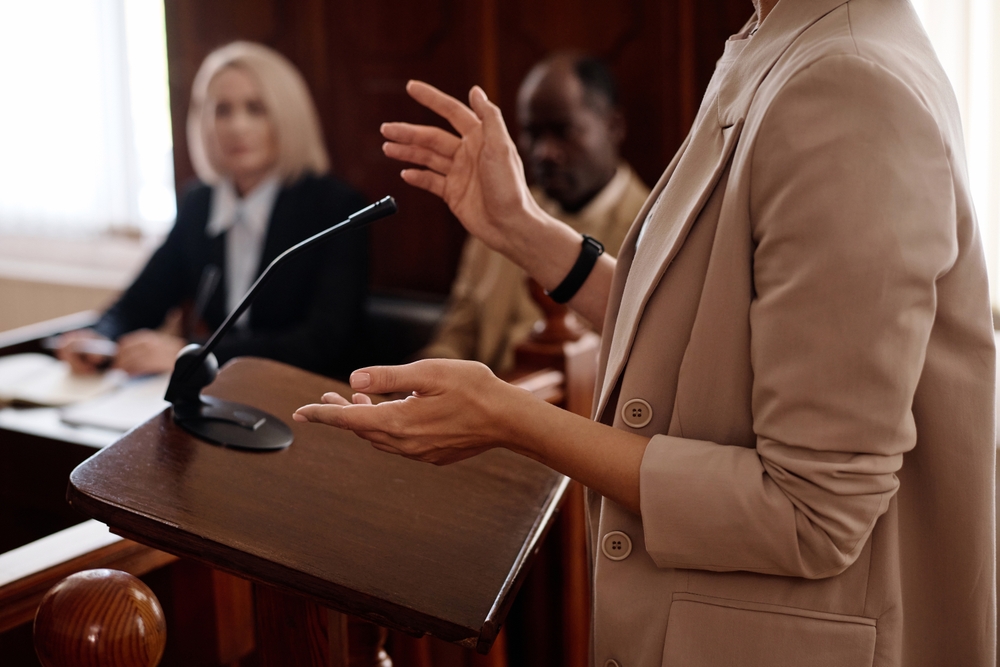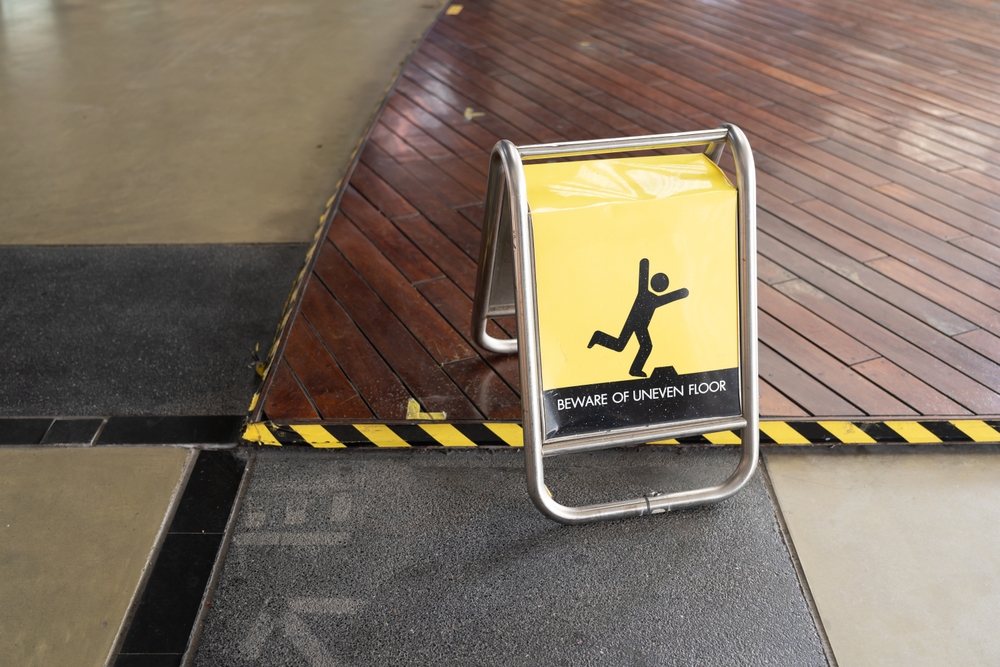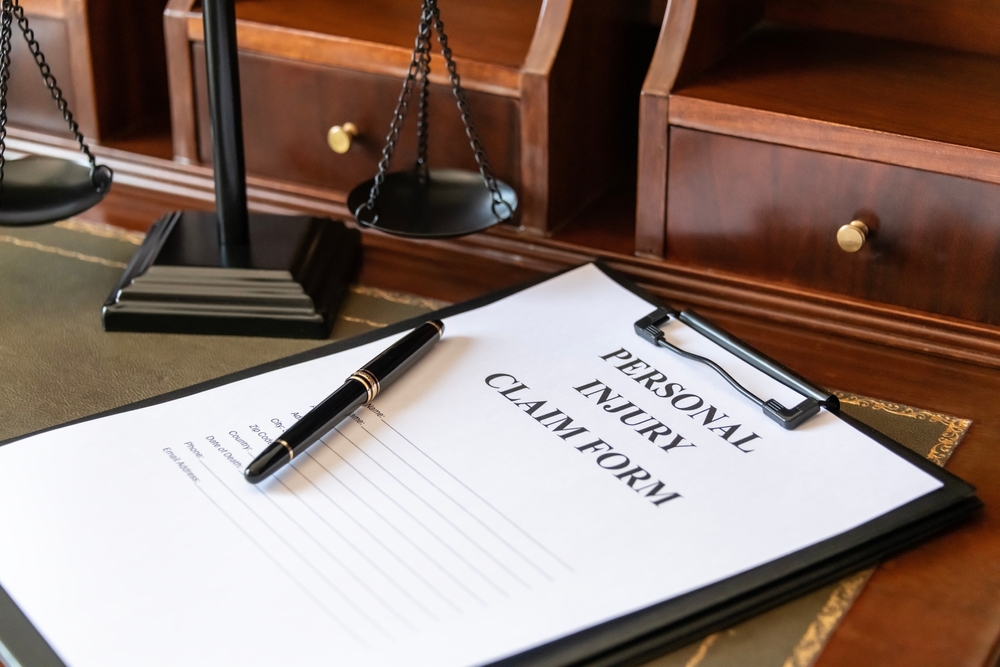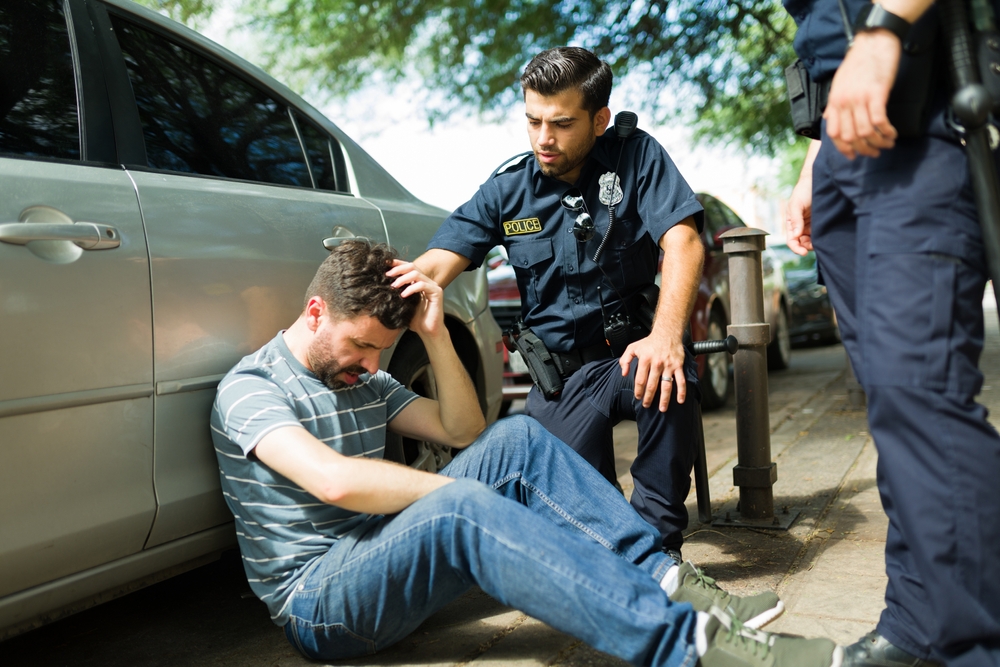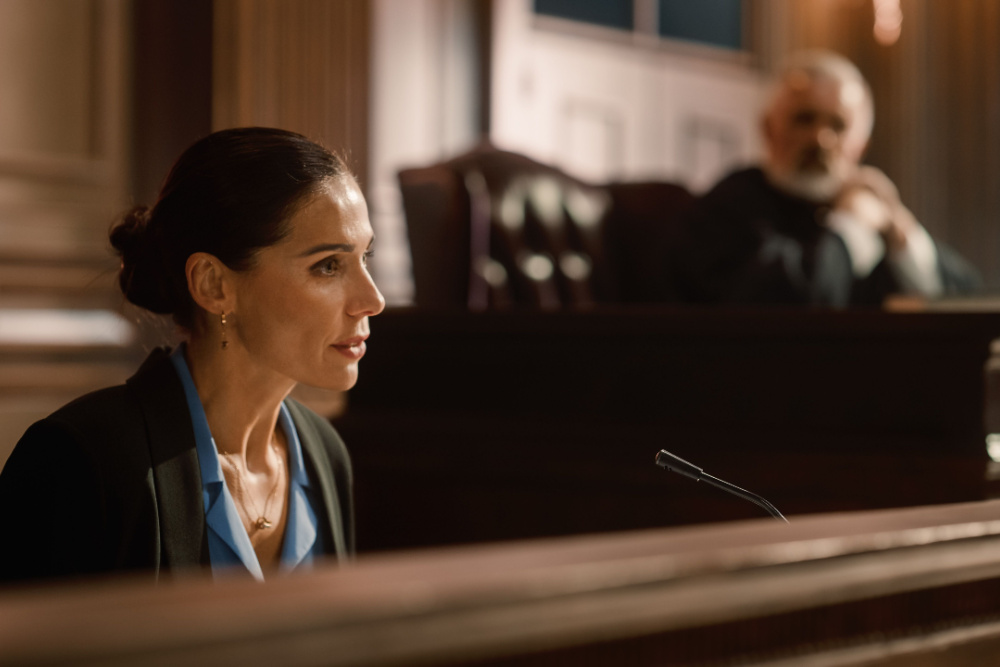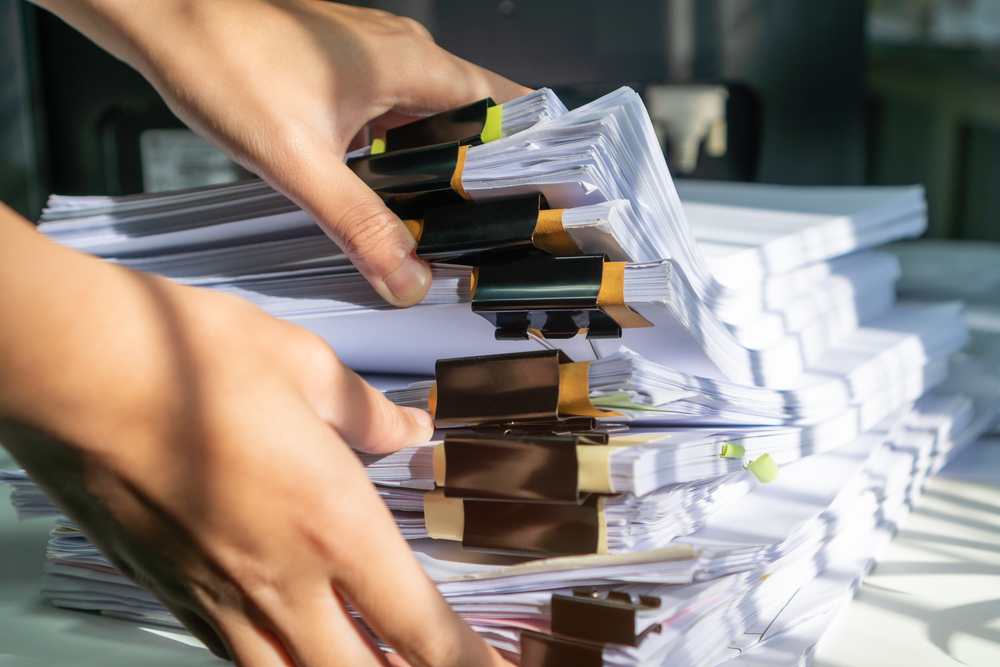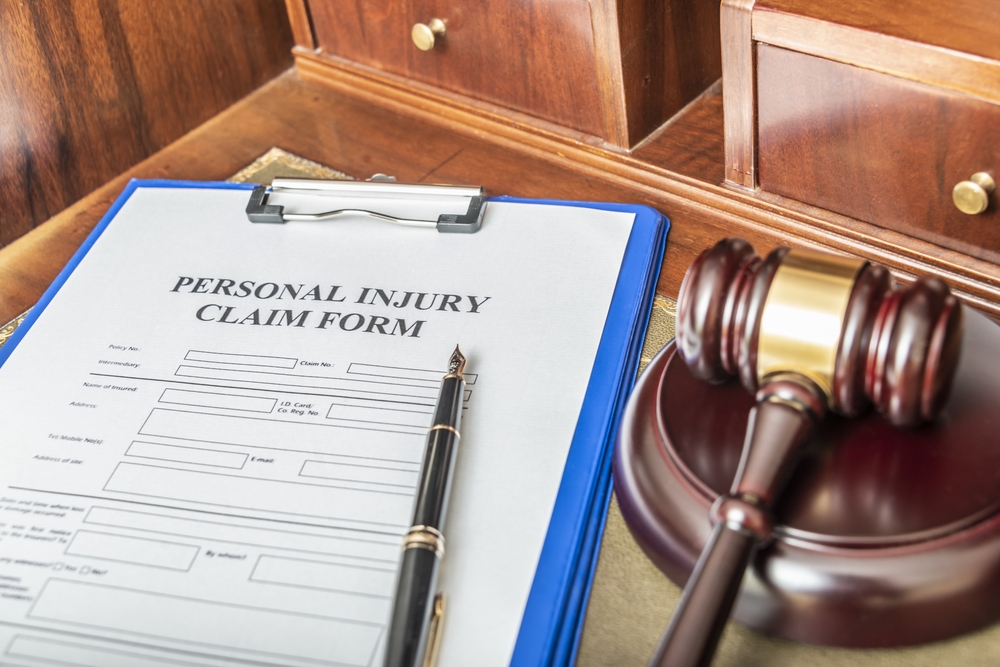The Role of Witnesses in Personal Injury Claims
When it comes to personal injury claims, the facts surrounding the incident can sometimes become blurred by differing accounts, legal arguments, and a lack of clear documentation. In these cases, witness testimony can be pivotal. At Payas, Payas, and Payas, we understand the significance of eyewitnesses in personal injury claims, and how their statements can make or break a case. This article will explore the role witnesses play in personal injury claims, why their testimony matters, and how they can influence the outcome of your case. The Importance of Witnesses in Personal Injury Cases Why Witness Testimony Matters Witness testimony is one of the most powerful tools in a personal injury claim. Eyewitnesses can provide an objective account of what happened, often helping to clarify key details that may otherwise be disputed [...]



